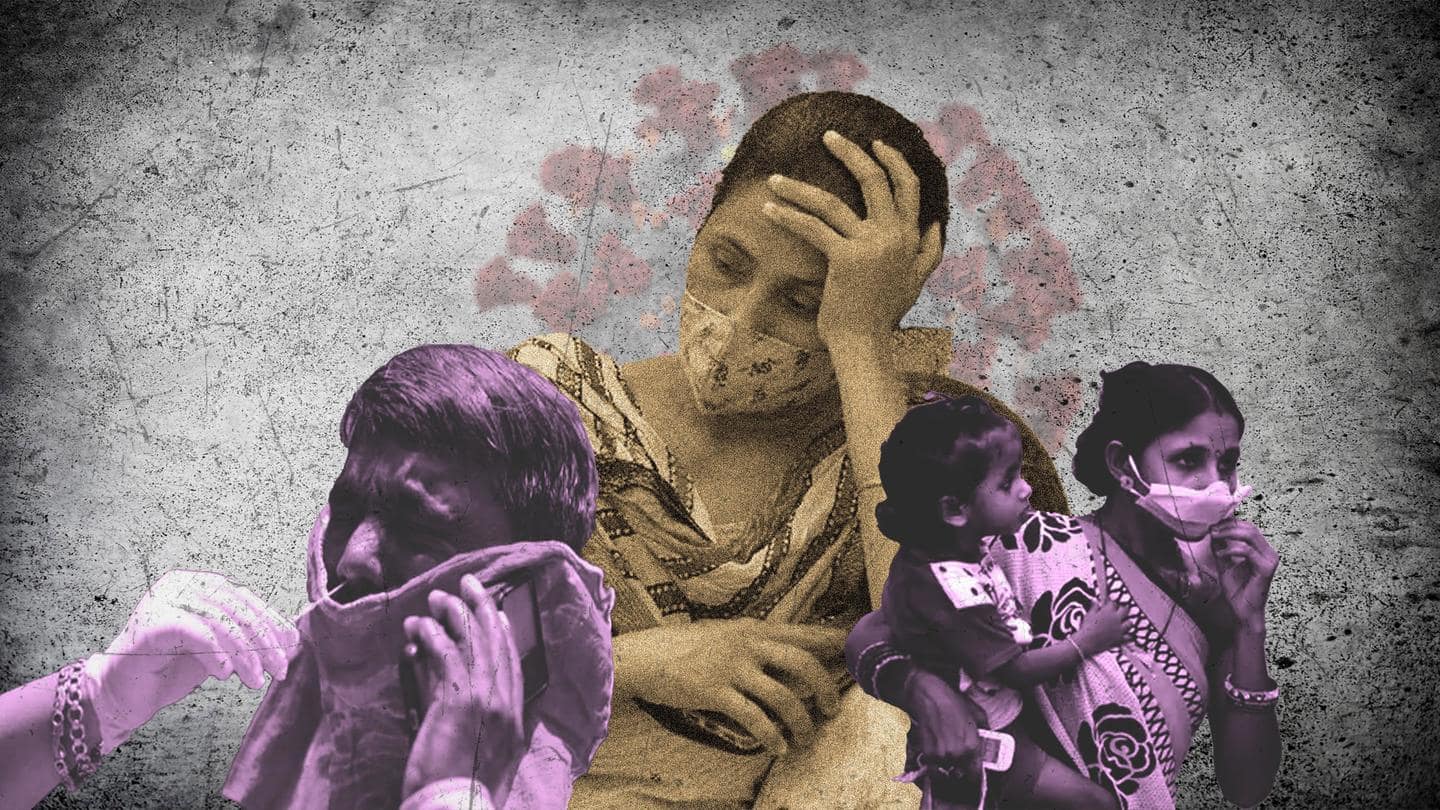
#NewsBytesExplainer: The risks of developing long COVID symptoms
What's the story
The impact of COVID-19 is anticipated to last for a very long time among people who got the deadly illness during the pandemic.
Data from the World Health Organization (WHO) indicate that at least 17 million people in the European region have been affected with long COVID symptoms during the past two years.
Here are more details about the condition and its risk factors.
Context
Why does this story matter?
Previously, some studies found that COVID-19 had various secondary impacts on patients after infection.
However, the new revelation by WHO is more significant because it will have far-reaching implications for patients and healthcare providers.
Notably, a recent study found that new cases of neurological conditions linked to COVID-19 infection are likely to occur for a long time after the pandemic has passed.
Details
How does long COVID affect a person?
Long COVID has been classified by experts into three major groups, including chest-related problems. They claim that if breathlessness or coughing persists, it might impair one's ability to work and breathe.
If the weakness and exhaustion persist, it may result in anxiety and stress.
Similarly, gastrointestinal symptoms such as acidity, vomiting, indigestion, and bloating can disrupt everyday life and relationships.
Expert speaks
Almost 4 crore Indians show long COVID signs: Fortis doctor
According to Dr. Neha Rastogi Panda, Consultant Infectious Diseases, Fortis Hospital, Gurugram, about four crore Indians have at least one of the signs of long COVID.
"I have seen more than 75 patients in the last three months, complaining gastric problems, persisting weakness and fatigue, sleep disturbances and dry cough that almost sounds like that of an asthmatic person," she told India Today.
Quote
'Awareness must, follow-up treatment can prevent impact'
Dr. Panda said long COVID is an "emerging entity" and it should not be taken lightly which is why awareness is a must. "Anything could be a hidden symptom of long COVID. One should follow up with a medical expert," she said.
About
What is long COVID?
Long COVID is a condition that generally manifests three months after the start of COVID-19 in people who have a history of suspected or proven SARS-CoV-2 infection, according to WHO.
According to experts, COVID-19 symptoms that continue for more than 4-6 weeks after recovery are referred to as long COVID.
They claim that the condition persists and comprises a range of symptoms.
Symptoms
'The condition can cause more than 200 symptoms'
According to Dr. Panda, who was quoted by India Today, most people believe that exhaustion is a sign of healing but it may actually be a sign of long COVID.
She said her research found that long COVID can cause over 200 symptoms, including memory loss, irritable bowel syndrome (IBS), stomach bloating, indigestion, and chronic nausea.
Do you know?
UTI can also be a sign of long COVID
Experts said the changing frequency of urine, which is sometimes referred to be a urinary tract infection (UTI) but is frequently a self-manifestation of COVID-19, is another sign of long COVID.
Details
Silent symptoms of the condition
The psychological issue is one of the most significant impacts of COVID-19 that one should be aware of, said Dr. Panda.
According to her, memory loss is a possibility, particularly in combination with COVID-19.
"They can also have some behavioral issues. Mood swings may be observed too. These are, in fact, silent symptoms of long COVID," she said.